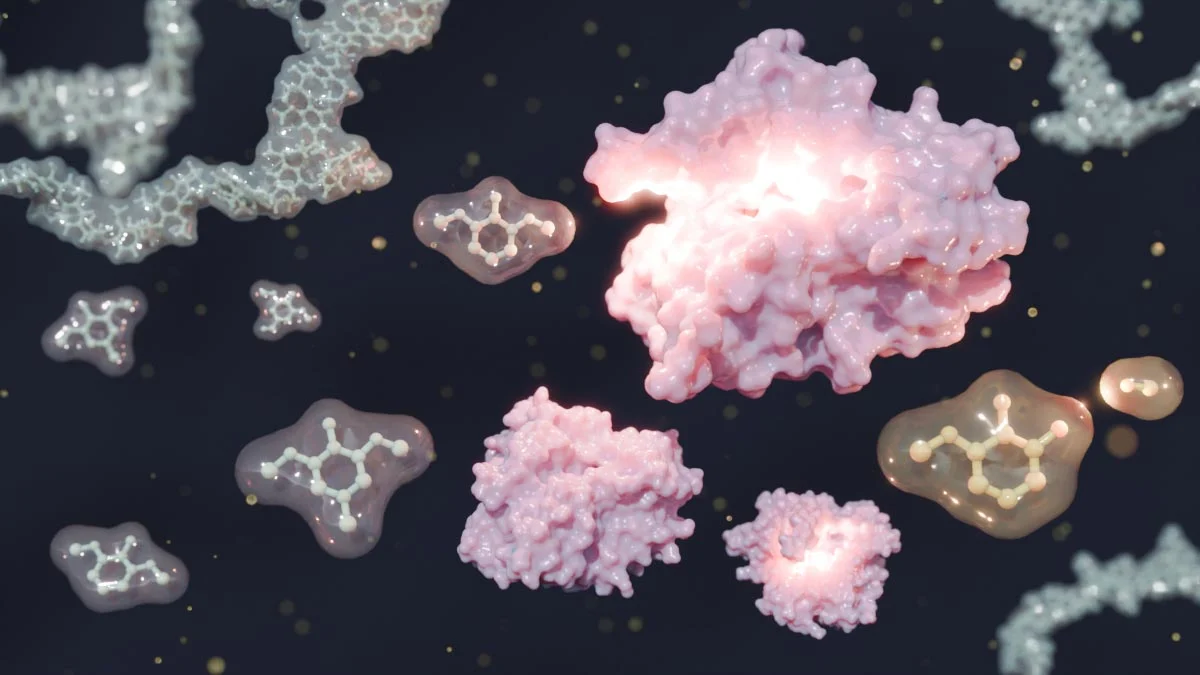Credit: Pixabay/CC0 Public Domain
Rethinking Water-Saving Strategies
As global droughts intensify and water scarcity becomes a pressing concern, traditional methods of encouraging conservation—primarily through financial incentives—are being reevaluated. A recent study published in Decision Analysis introduces a novel approach that leverages social influence and strategic planning to promote water-saving behaviors more effectively and economically.
The Power of Social Influence
Researchers from George Mason University, including Behnam Momeni and Shima Mohebbi, developed a model using differential game theory to analyze decision-making over time. Their findings suggest that raising awareness and utilizing social dynamics can surpass the effectiveness of monetary rewards in encouraging water conservation.
“We’re running out of fresh water, and we need a better way to get people to conserve,” says Momeni. “This study gives us a playbook on how to do it smarter, faster, and cheaper.”
Strategic Implementation
The model assists organizations in determining optimal timing and targeting for conservation incentives. By focusing on influential individuals within communities and employing timely interventions, the approach aims to maximize impact while minimizing costs. Notably, the model’s efficiency allows for rapid problem-solving, reducing computation times from over 24 hours to mere minutes.
Broader Applications
While the study centers on water conservation, its implications extend to other areas such as renewable energy adoption and climate change mitigation. By understanding and influencing behavioral patterns, policymakers can design more effective sustainability initiatives.
Looking Ahead
As water sources like the Colorado River face unprecedented stress, innovative strategies become essential. This research offers a promising avenue for enhancing conservation efforts through behavioral insights and strategic planning. Dailyscitech
Curious to learn more about how behavioral science can drive environmental change? Explore our related articles on sustainability and innovation.
More information: Behnam Momeni et al, Differential Game Theoretic Models for Designing Water Conservation Incentives, Decision Analysis (2025). DOI: 10.1287/deca.2024.0208










